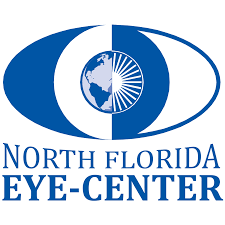Wet macular degeneration develops in about 20% of people with dry macular degeneration. The leading cause is abnormal blood vessel growth from the choroid (a layer of blood vessels) between your retina and the eye’s firm outer coat (sclera). The abnormal vessels can leak fluid or blood, affecting retinal function.
Fluid buildup in the back of your eye can also cause wet macular degeneration. This fluid leaks from the choroid and collects between a thin layer of cells (retinal pigment epithelium) and your retina or within the retina’s layers. This can cause a bump in your macula, resulting in distorted or lost vision.
Routine eye exams help your North Florida Eye Center doctor detect macular degeneration early on and treat it before it worsens. What symptoms does macular degeneration cause? Early-stage macular degeneration might not cause any symptoms, but when they do develop, they might include:
- Reduced central vision
- Needing bright lights to read
- Seeing straight lines bend
- Poor night vision
- Difficulty recognizing faces
- Blurred vision
- Color fading
- Blurry or blind spots
- Sight loss
Macular degeneration can affect one or both of your eyes. To assess you for macular degeneration, your North Florida Eye Center doctor checks your sight and carries out a thorough dilated eye exam. They may also use diagnostic imaging procedures to get a detailed view inside your eyes. How is macular degeneration treated? Macular degeneration is incurable, but expert treatment from the North Florida Eye Center team can slow the disease’s progression. Your eye doctor might recommend:
- Healthy eating
- Dietary supplements
- Quitting smoking
- Healthy weight management
- Injections
- Laser surgery
- Low vision rehabilitation
- Occupational therapy
- Chronic disease management
- Telescopic lens implant surgery


